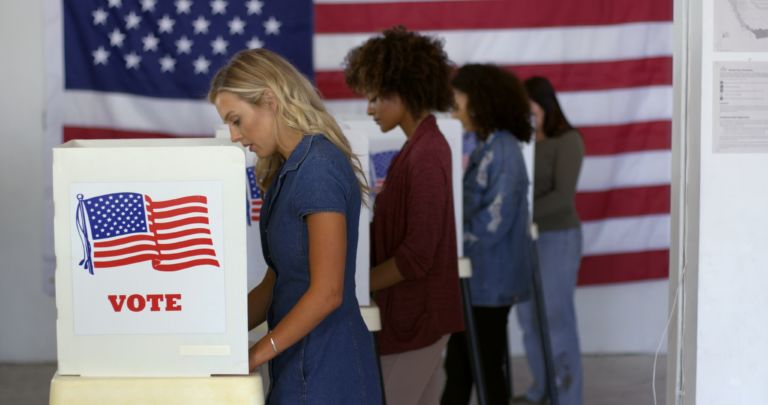Philip Klein of National Review Online assesses the impact of President Biden’s poor debate performance.
A presidential debate is a political event, and as such it makes sense that the immediate discourse following President Biden’s disastrous performance has focused on the political fallout. How will this affect polls and fundraising? Will he drop out? If so, who could replace him?
While these are all important questions, a series of revelations over the weekend laying out the cover-up of Biden’s declining mental health has moved the story into a different category — the realm of scandal.
Alex Thompson of Axios has detailed how Biden’s “close aides have carefully shielded him from people inside and outside the White House since the beginning of his presidency.”
In another article, Thompson reported, “From 10am to 4pm, Biden is dependably engaged — and many of his public events in front of cameras are held within those hours.” But “outside of that time range or while traveling abroad, Biden is more likely to have verbal miscues and become fatigued.”
Biden biographer Franklin Foer writes in the Atlantic that many close aides of Biden have been with him for decades — some going back to the early 1980s. Likening it to watching aging parents come to their end, he observes, “It’s even harder for staffers whose entire identity is wrapped up in their association with the career of one political figure. To admit his end is to provoke a crisis in their own professional life. If I’m not whispering in Biden’s ear, then what am I?”
Meanwhile, Representative Ro Khanna, a Biden surrogate, was inadvertently revealing when he reassured the New York Times after the debate, “We have a great team of people that will help govern. That is what I’m going to continue to make the case for.”
Taken together, this is all a troubling portrait — of unelected staffers trying to shield the public from Biden’s declining mental health so they can preserve their access to power and ability to make policy.


